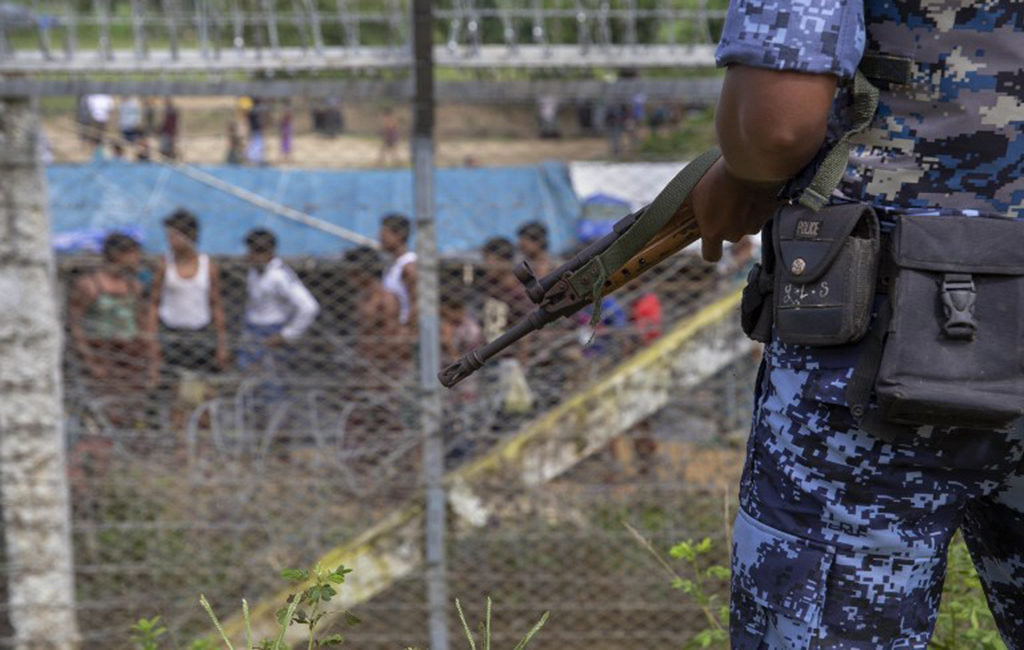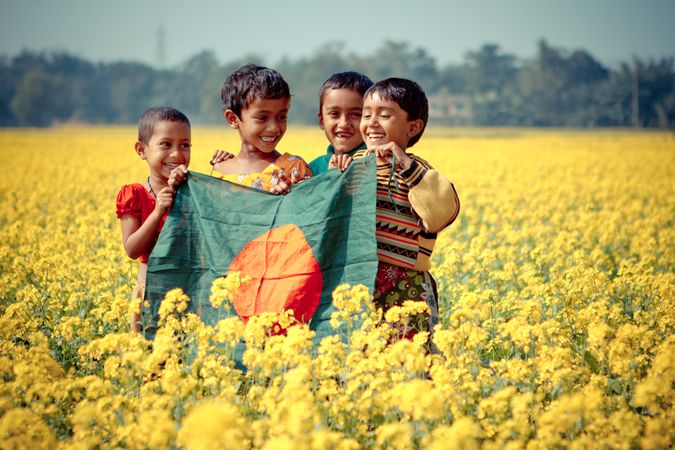Myanmar has denied all allegations of using landmines along the Bangladesh-Myanmar border areas.
Myanmar’s Border Guard Police (BGP) made the claim during a regional commander-level meeting with Border Guard Bangladesh (BGB) at Regional Headquarters in Cox’s Bazar on Monday.
After the meeting, BGB Cox’s Bazar Region Commander Brig Gen Sajedul Rahman briefed journalists at a press conference held at The Central Resort in Teknaf at 6:30pm.
Brig Gen Sajedul led the BGB delegation while BGP 1 Brig Gen Ming Tu led a 14-member Myanmar delegation.
“They (BGP) said they did not implant any landmines or improvised explosive device (IED) in the common border areas with Bangladesh. However, they told us that they would inform their government about the matter once they go back to Myanmar,” the BGB commander said.
“The Myanmar delegation was asked to cooperate with Bangladesh to stop yaba pills from entering into Bangladesh and in reply the Myanmar delegation head assured full cooperation,” he added.
During the meeting, a memorandum of understanding (MoU) was signed to keep the good relations between the two countries intact.
BGB Teknaf 2 Commander Lt Col Faisal Hasan Khan and BGB Cox’s Bazar 34 Commanding Officer Lt Col Ali Haider Azad Ahmed were present, among other senior officials from both sides.
The Convention on the Prohibition of the Use, Stockpiling, Production and Transfer of Anti-Personnel Mines and on their Destruction, known informally as the Ottawa Treaty, the Anti-Personnel Mine Ban Convention, or often simply the Mine Ban Treaty, aims at eliminating anti-personnel landmines around the world. Bangladesh ratified the treaty on May 7, 1998.
Till now, Myanmar remains a non-signatory state to the treaty. (Source: DT)



